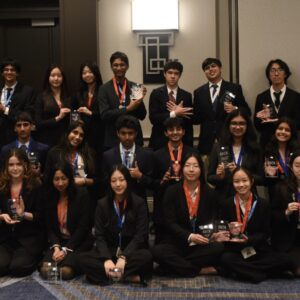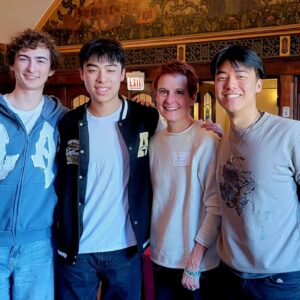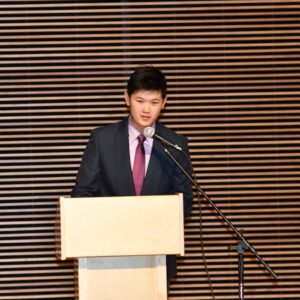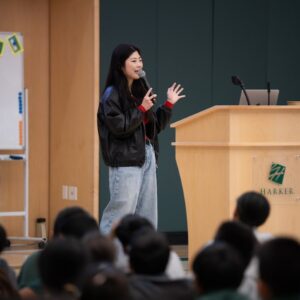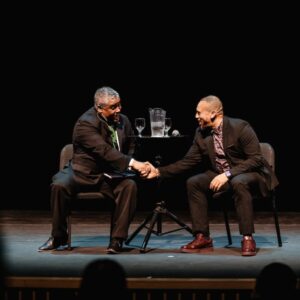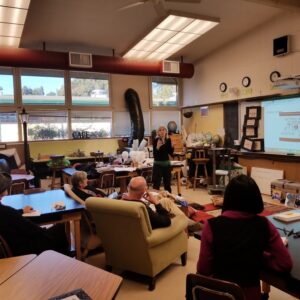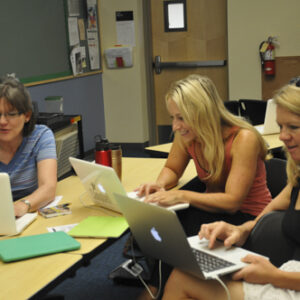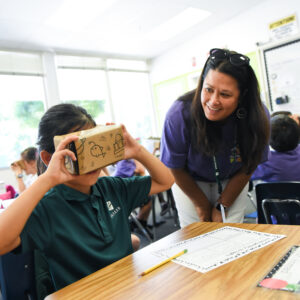This article was originally published in the fall 2012 Harker Quarterly.
This year, Harker faculty once again took advantage of Harker’s summer technology grant program to improve their classroom teaching methods. Since the program’s inception more than 10 years ago, dozens of faculty members have used tech grants to formulate new ways to teach, create and track assignments, devise engaging lessons and more.
Upper school librarian Meredith Cranston and history teacher Julie Wheeler collaborated on a project to help students better assess political issues. “Our tech grant goal was to identify the best platform to allow students to explore the broad range of political discourse, respond to these media forms, assessing credibility, accuracy and perspective and practice creating their own forms of political media in conversation with classmates and instructors,” Cranston said.
Cranston and Wheeler created a class blog for analyzing political issues, “a space where course content, current events and student interests will drive a lively and ongoing inquiry into democracy,” Cranston said.
Finally, they set up a site on Libguides.com that aggregates news and media on political issues, so students can create news feeds. “Together, we built a project that I know none of us could have come up with on our own,” Cranston said. “It was a very rewarding experience, and I feel very lucky to have had it!”
To help give her students greater access to geometry resources, middle school math teacher Vandana Kadam used Athena, Harker’s repository for online learning resources, to host “multiple resources for students for practice; I also posted all the homework answers so students can access this information any time,” she said. Kadam decided on this project after finding success in using Athena for a similar purpose with her Algebra II and Trigonometry classes.
“Students in the geometry classes will be able to use the practice material to get ready for tests, work on the activities for better understanding of the topics and also be able to check their homework at their own pace and come to class ready to ask questions,” she said. “This will be a huge time-saver.”
While working on the project, Kadam discovered more possibilities than she had originally imagined. “An idea that came up during the project is to put up some student work on the Athena page for other students to see,” she said. “I feel that the Athena page is now well-organized and students will be able to make full use of the resources.”
At the tech grant show-and-tell on Aug. 21, upper school biology teacher Jeff Sutton demonstrated an iPad application called Doceri, which allowed him to display an activity from his iPad on a laptop, which could in turn be hooked up to a projector. This granted him the ability to move freely about the classroom while making presentations and marking on the virtual whiteboard that faced the students. He plans to use the applications to display PowerPoint slides and make notes on them at the back of the classroom, so that the students can focus on the lessons being taught.
Another application he found, called Assist, analyzes photos of multiple-choice answer keys and saves them as files that can be compared with photos of student quizzes. The application then assigns grades to the student quizzes based on how well they match the answer keys. Sutton said students might be able to grade their own quizzes with the application by using a mounted iPad to take photos of their quiz sheets, which would then be graded automatically.

